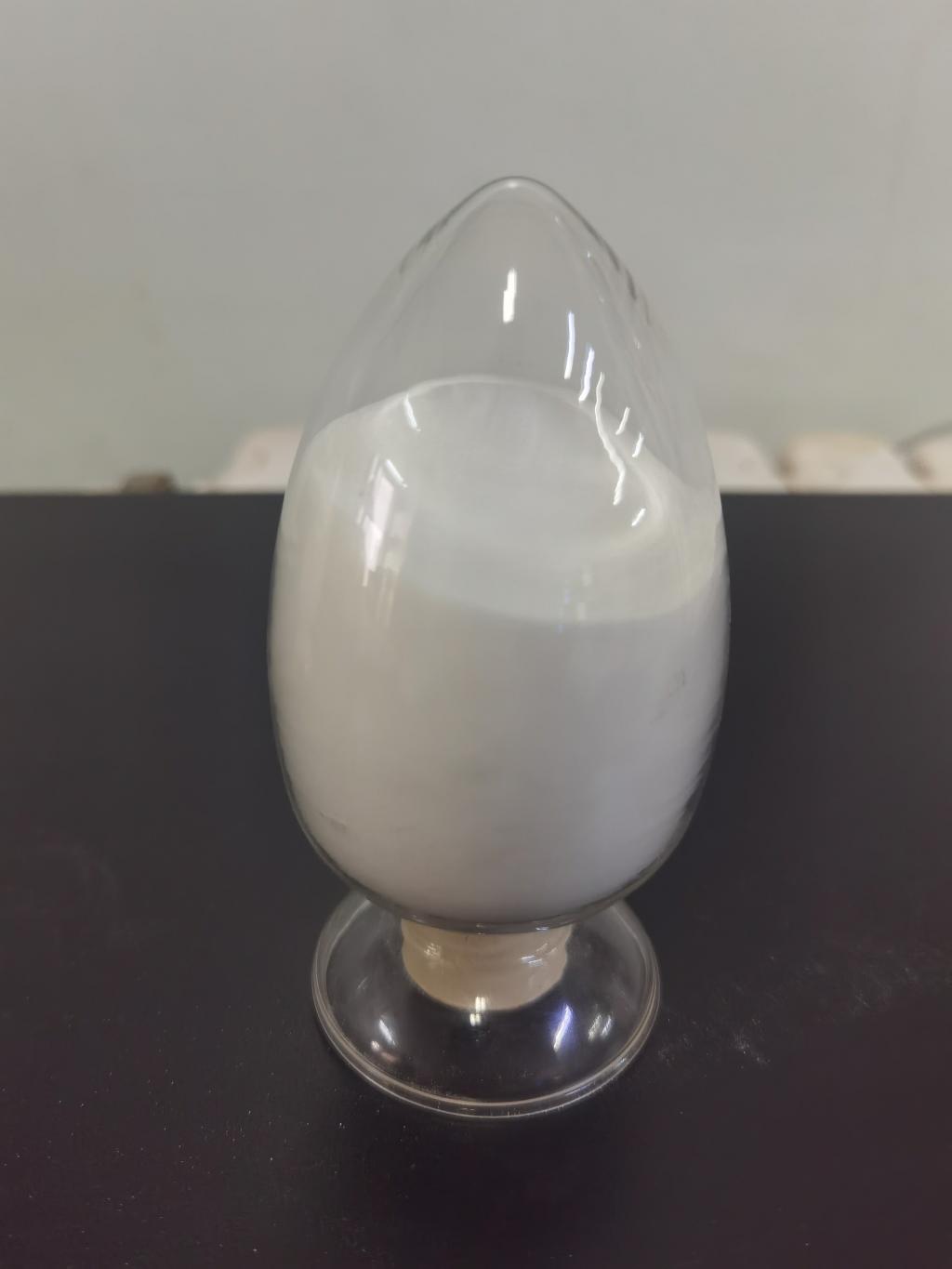Tel:+8618231198596

News
 CONTACT
CONTACT
 CONTACT
CONTACT
- Linkman:Linda Yao
- Tel: +8618231198596
- Email:linda.yao@dcpharma.cn
- Linkman:CHARLES.WANG
- Department:Overseas
- Tel: 0086 0311-85537378 0086 0311-85539701
News
Precision Solutions in Dairy Production: ε-Polylysine Hydrochloride for Quality Improvement
TIME:2024-03-12
Introduction:
Dairy production plays a central role in meeting the nutritional needs of the global population, providing a diverse array of products ranging from milk to cheese and yogurt. However, maintaining the quality and safety of dairy products throughout the production and distribution chain remains a challenge. The application of ε-polylysine hydrochloride presents a precision solution to address these challenges, offering a promising avenue for quality improvement in the dairy industry.
Challenges in Dairy Production:
Dairy products are susceptible to various challenges that impact their quality, safety, and shelf life. Bacterial contamination, spoilage, and the degradation of product integrity are common issues faced by the industry. Traditional preservation methods often involve the use of chemical preservatives, which may raise concerns about their long-term effects on human health and the environment. ε-Polylysine hydrochloride emerges as an innovative solution that addresses these challenges with precision and sustainability.
Properties of ε-Polylysine Hydrochloride:
ε-Polylysine hydrochloride is a natural antimicrobial polymer derived from microbial fermentation. Comprising lysine units, it exhibits antimicrobial properties against a wide range of bacteria and fungi. The positively charged structure of ε-polylysine hydrochloride interacts with microbial cell membranes, disrupting their integrity and inhibiting growth. This unique property positions it as a potential solution for enhancing the quality and safety of dairy products.
Applications in Dairy Product Quality Improvement:
The use of ε-polylysine hydrochloride in dairy production extends beyond its antimicrobial properties. Its water-solubility, film-forming characteristics, and compatibility with various dairy products make it suitable for improving product quality through different applications. From extending shelf life to preventing spoilage and maintaining flavor profiles, ε-polylysine hydrochloride offers a versatile solution for precision quality improvement in the dairy industry.
Extending Shelf Life and Preventing Spoilage:
One of the critical factors affecting dairy product quality is the shelf life, especially for perishable items like milk and cheese. The antimicrobial action of ε-polylysine hydrochloride inhibits the growth of spoilage microorganisms, preventing deterioration and extending the shelf life of dairy products. This not only enhances product quality but also reduces food waste, aligning with sustainable practices in the food industry.
Preserving Flavor Profiles in Dairy Products:
Maintaining the authentic flavor profiles of dairy products is essential for consumer satisfaction. Traditional preservatives may alter the taste and aroma of dairy items. ε-Polylysine hydrochloride's precision application allows for the preservation of flavor profiles without compromising the sensory characteristics of the products. This is particularly significant in the production of specialty cheeses and artisanal dairy items where flavor nuances are crucial.
Reducing Dependency on Chemical Preservatives:
The dairy industry has long relied on chemical preservatives to ensure product safety and quality. However, the growing consumer preference for natural and clean-label products has led to a shift away from synthetic additives. ε-Polylysine hydrochloride offers a precise and natural alternative, reducing the industry's dependence on chemical preservatives and aligning with the evolving preferences of consumers seeking healthier and more transparent food options.
Environmental Considerations:
One of the significant advantages of ε-polylysine hydrochloride in dairy production is its environmentally friendly nature. Unlike some traditional preservatives that may pose environmental risks, ε-polylysine hydrochloride is biodegradable and poses minimal harm to ecosystems. This aligns with the broader goals of sustainable and eco-friendly practices in the food industry, making it a responsible choice for precision quality improvement.
Precision Application Techniques:
The success of ε-polylysine hydrochloride in dairy production lies in the precision of its application. Techniques such as controlled-release formulations, surface coatings, and targeted treatments allow dairy producers to tailor the application to specific products, ensuring optimal effectiveness without compromising product characteristics. This precision approach minimizes any potential negative impacts on taste, texture, or appearance.
Case Studies:
Enhancing Cheese Quality with ε-Polylysine Hydrochloride:
Case studies in cheese production demonstrate how the precision application of ε-polylysine hydrochloride can prevent spoilage, extend shelf life, and preserve the unique flavor profiles of various cheese varieties.
Improving Milk Shelf Life in Distribution:
Case studies focusing on the application of ε-polylysine hydrochloride in milk distribution highlight its effectiveness in reducing bacterial contamination, enhancing safety, and extending the shelf life of milk products.
Challenges and Future Directions:
While the potential benefits of ε-polylysine hydrochloride in dairy production are substantial, challenges such as cost-effectiveness, regulatory considerations, and consumer acceptance need to be addressed. Future research should focus on refining application techniques, optimizing formulations, and conducting comprehensive studies on the material compatibility of ε-polylysine hydrochloride with various dairy products.
Conclusion:
The application of ε-polylysine hydrochloride in dairy production represents a precision-oriented approach that addresses the challenges of quality improvement with a sustainable and effective solution. By leveraging its antimicrobial properties, compatibility with different dairy products, and environmentally friendly nature, ε-polylysine hydrochloride offers a versatile tool for the dairy industry. As consumer preferences continue to evolve towards natural and sustainable choices, embracing precision solutions like ε-polylysine hydrochloride paves the way for a more resilient and responsible future in dairy production.
- Tel:+8618231198596
- Whatsapp:18231198596
- Chat With Skype







